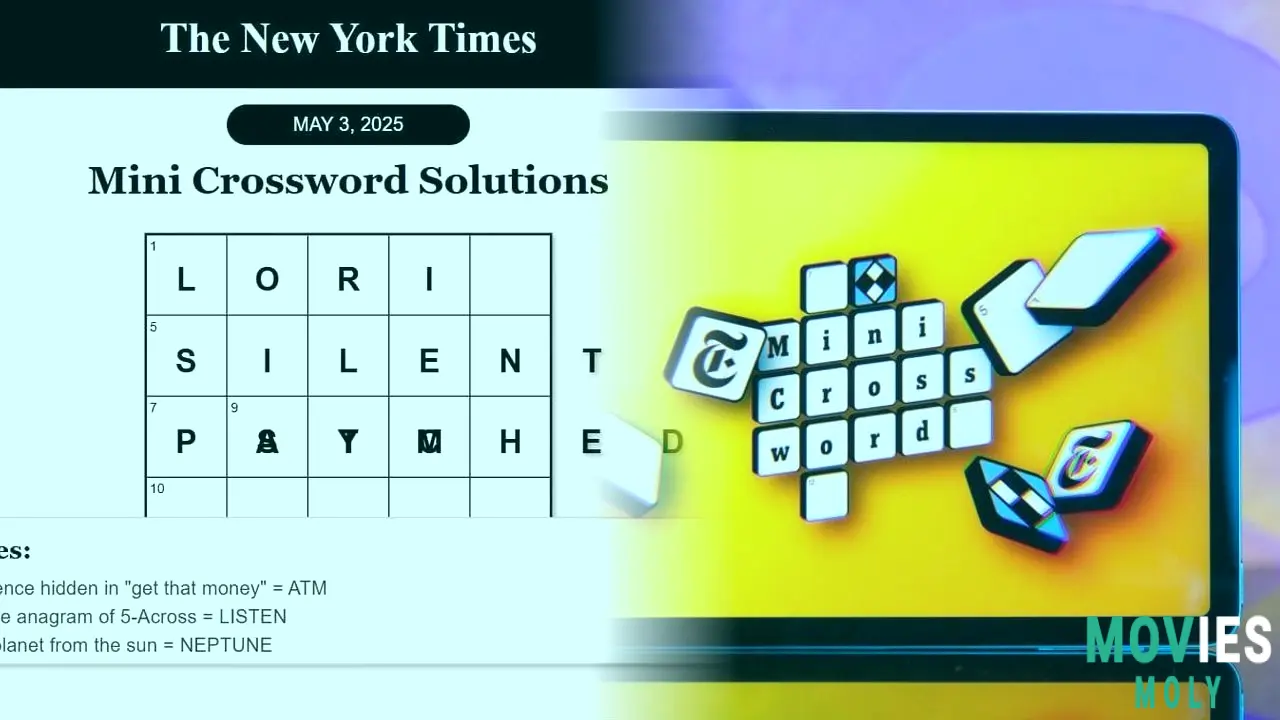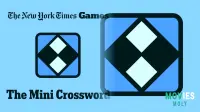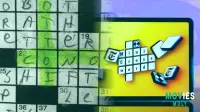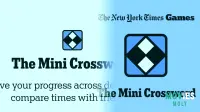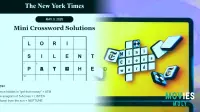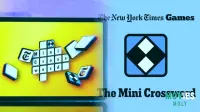The New York Times Mini Crossword has become a daily tradition for millions, providing a fast brain workout that is both tough and rewarding. This bite-sized puzzle, known simply as "the mini," packs a surprising amount of cunning into its little grid. While it may appear simple due to its modest size, getting stuck on a difficult clue will halt your progress and your daily streak.
For anyone eager to solve today's puzzle or simply polish their skills for future challenges, we provide the answers and a closer look at what makes the NYT Mini so appealing. It's time to step up your problem-solving game.
Today's NY Times Mini Crossword: Clues and Solutions for August 11, 2025.Here are the answers to today's New York Times Mini Crossword, August 11, 2025. Use them to double-check your work or to overcome those persistent "stuck points" that prevent you from finishing the daily puzzle.
Across:
Down:
This puzzle, despite its limited words, has some ingenious twists. The clue "someone who's always taking jabs at you?" for BOXER exemplifies the NYT Mini's frequent use of wordplay. Getting "DOXED" necessitates some current internet knowledge, which can be challenging for certain solvers. In addition, "PERO" evaluates fundamental language recognition. The NYT Mini keeps you on your toes with its different hints. Each day presents a new challenge.
Mastering the NYT Mini: Essential Strategies for All Levels.
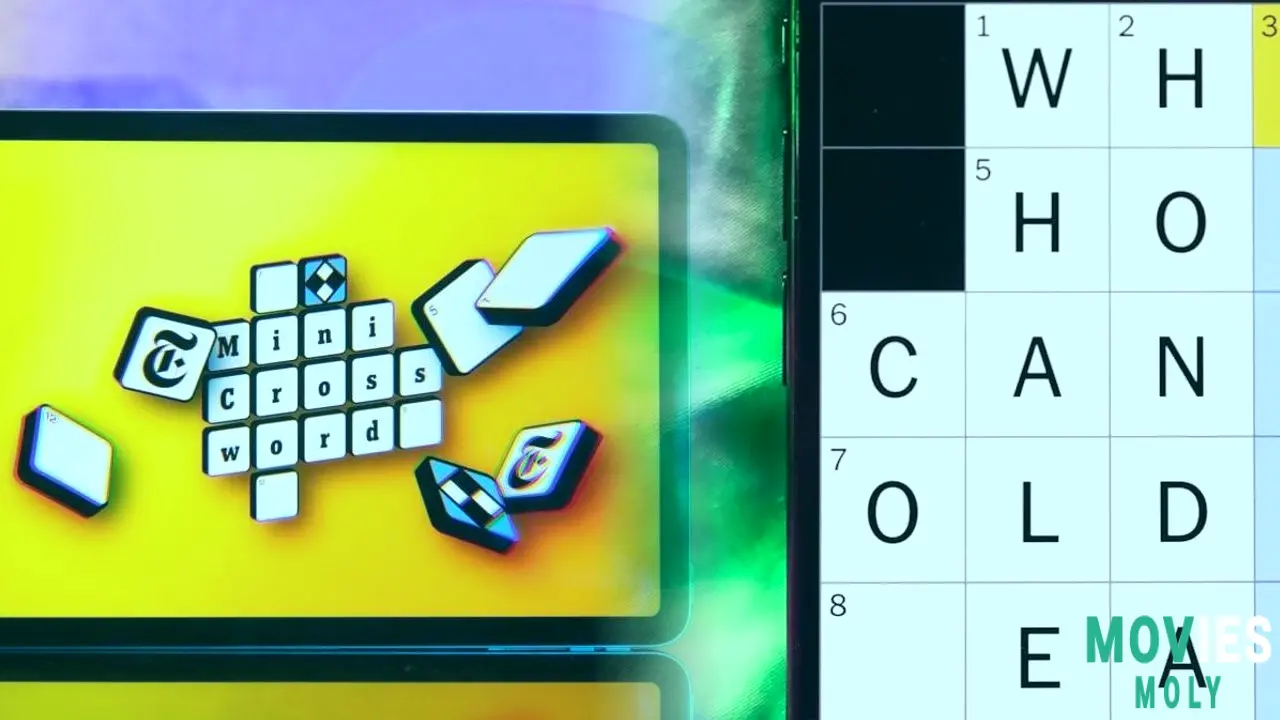
Solving the New York Times Mini Crossword requires more than simply knowing the words; you must also comprehend the puzzle's unique rhythm and the developers' philosophy. There's no denying that constant play is beneficial, but specialized tactics can dramatically enhance your speed and accuracy.
Speed-Solving Techniques for the NY Times Mini
For many, the Mini serves as a speed test. To save time, quickly review all of the "Across" hints, filling in everything that comes to mind right away. Then do the same with the "Down" hints. This initial pass frequently shows overlapping letters, making additional words much apparent. Do not overthink the initial pass. The goal is to flow.
When to Guess, Skip, or Reveal
A common mistake is being fixated on one hint. If a hint does not immediately click, disregard it. Continue with the others. Often, filling in intersecting letters from other solutions provides enough background to reveal the problematic one. Guessing can be effective for short, popular words (such as three-letter abbreviations), but be prepared to delete if it does not fit. As one SEO expert put it, "Stuck on a Mini clue?" Sometimes the trickiest answers are hidden in plain sight, disguised by artful phrasing."
Providing an answer should be a last resort. It helps you solve the current puzzle, but it does not help you learn. First, try to figure it out using letters that intersect. If you're truly stumped, exposing one letter at a time can provide a little nudge without giving away everything.
Leveraging cross-references and intersecting clues
The grid is your best companion. Every letter you place acts as a guideline for subsequent words. If a "Across" answer is ambiguous, consider the "Down" clues that cross it. Do the letters make sense with those words? This cross-referencing is essential for crossword solutions. It's a continuous feedback loop that lets you confirm or deny your guesses.
Understanding Common NYT Mini-Clue Types and Wordplay
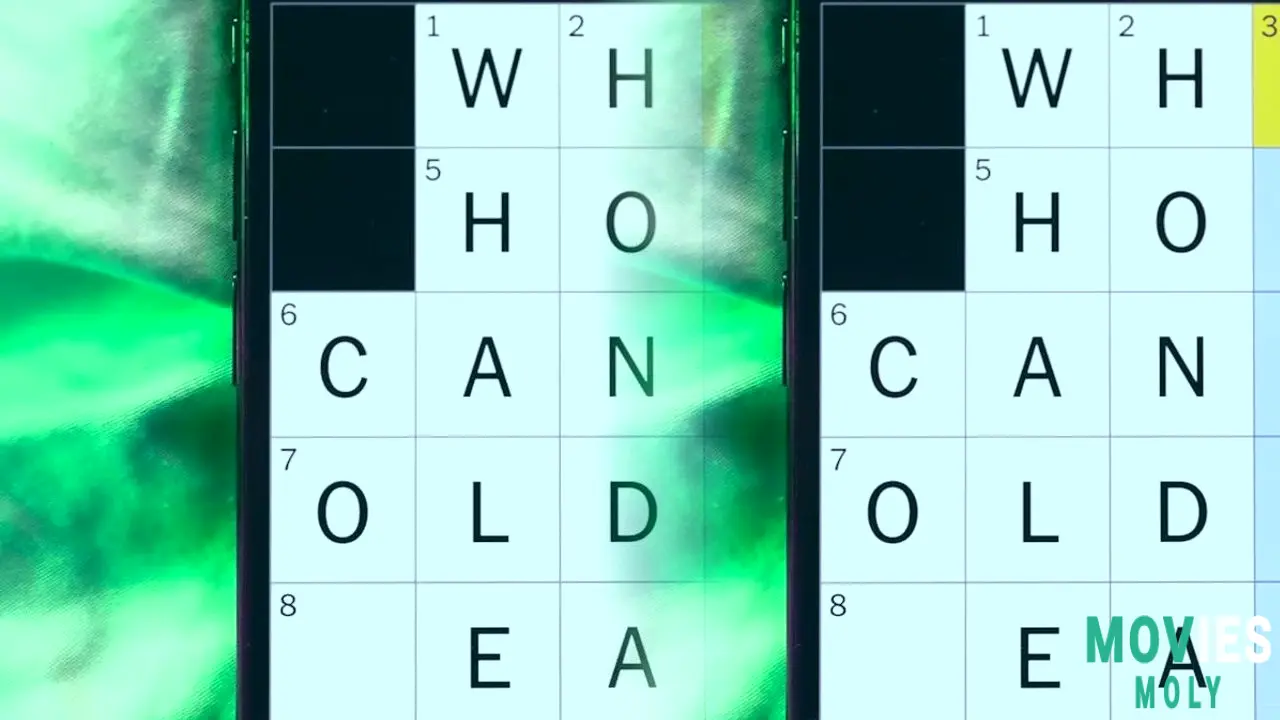
The New York Times Mini may be small, but its clues are diverse. Recognizing typical hint kinds is crucial for breaking them down.
Puns, homophones, and figurative language
These are the puzzle creators' favorites. A hint like "Sound of a sheep's complaint?" could lead to "BAA" (a pun on "baa" and "bah"). Homophones (words that sound similar but mean distinct things) are also common. Figurative language asks you to think beyond the literal meaning. For example, "Head of the class?" could refer to the first letter of the word "class," or to a leader.
Abbreviations, acronyms, and initials
Many replies are abbreviated. Clues for this include "Abbr.," "for short," "briefly," or "e.g." It is critical to understand common terms such as "LAB" for "Workplace for scientists" or "REG" for "Gasoline type". Acronyms (like NASA) and initialisms (like FBI) are also used. The NYT Mini keeps you on your toes with its different hints. Each day presents a new challenge.
Popular culture, trivia, and proper nouns
The Mini frequently makes references to popular culture, current events, and general knowledge. This can include everything from movie titles to renowned names, geographic locations, or frequent phrases. Proper nouns are usually capitalized in clues. If you're unsure about a pop culture allusion, the intersecting letters may reveal it.
Beyond the Answers: The Advantages of Daily Mini Crossword Solving.
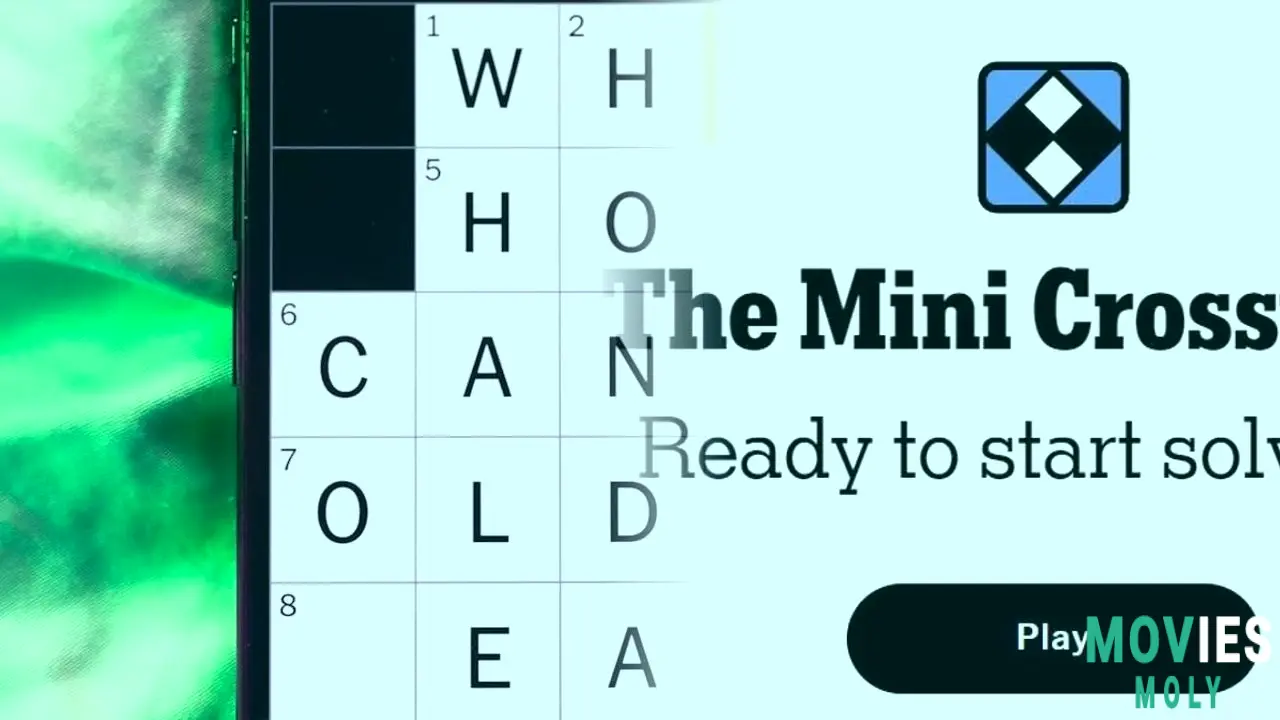
Playing the NYT Mini Crossword on a daily basis is more than simply a fun activity; it's also good for your brain. The NYT Mini Crossword's appeal stems from its bite-sized brilliance. A great cerebral workout for busy people.
Cognitive Boost: How Puzzles Sharpen Your Mind.
Regular crossword puzzle doing can help you improve your vocabulary, memory recall, and problem-solving abilities. It activates several sections of the brain, requiring you to think creatively and intelligently. This daily mental sprint promotes cognitive function and can even slow cognitive decline. The NYT Mini is more than just a puzzle; it's a daily mental challenge. Mastering its clues requires fast wit!
Developing a Streak: Tips for Consistency
Many solvers strive for a daily streak, which provides an extra element of motivation. To maintain consistency, incorporate the Mini into your everyday routine. Play it at the same time every day, maybe with your morning coffee or during a little break. Don't be hesitant to use clues to keep your streak going, but try to learn from the disclosed answers. Building a streak on the New York Times Mini Crossword is really fulfilling. It's a modest victory that brightens the entire day!
Best Tools and Resources for NYT Mini Enthusiasts
While the goal is to solve the puzzle on your own, other resources might be useful for learning and improvement.
Online Solvers and Digital Dictionaries
Many websites provide "NYT Mini Crossword Solver" software. While these provide answers, their true usefulness is in helping you comprehend why an answer is accurate. Use these to discover alternate definitions or puns that you may have missed. Digital dictionaries and thesauruses can also help you build your vocabulary and identify synonyms.
Community Forums & Discussion Boards.
Platforms such as Reddit and specific crossword boards feature lively communities where solvers discuss daily puzzles, share strategies, and celebrate streaks. Engaging with these communities can offer new views on difficult clues and make the solution process more sociable. It's an excellent way to feel connected to individuals who share your enthusiasm for everyday puzzles.
Our Take on the NYT Mini Crossword
The NYT Mini Crossword has become a daily fixture for a simple reason: it provides the ideal blend of difficulty and accessibility. It's a quick, rewarding brain workout that fits into even the most hectic schedules. Its growth from a simple everyday distraction to a cultural phenomenon, among other popular puzzles such as Wordle, Connections, and Strands, demonstrates its long-lasting popularity.
For those who find themselves routinely solving the daily puzzle, the adventure extends beyond simply finding the solutions. It's about honing your intellect, broadening your language, and joining a global community of problem solvers. Whether you're looking for a personal best time or a long streak, the NYT Mini is a reliable and pleasant method to keep your mind busy. It will undoubtedly remain a fan favorite for many years to come.

